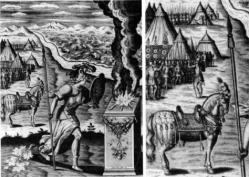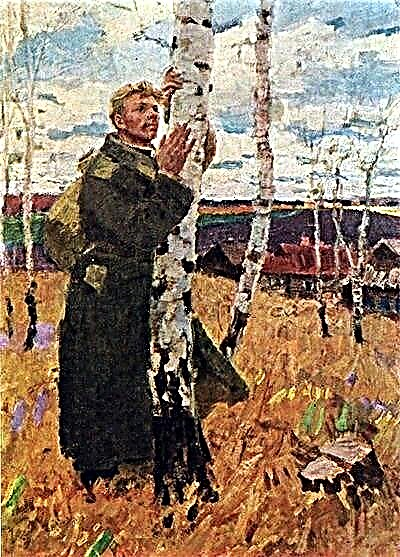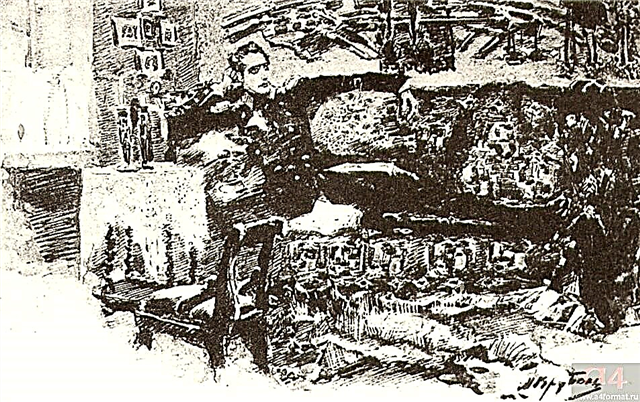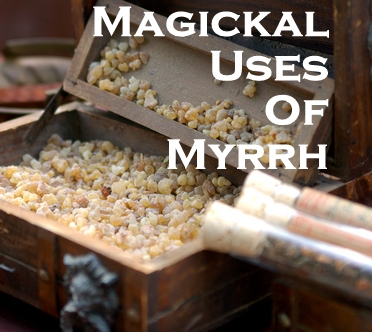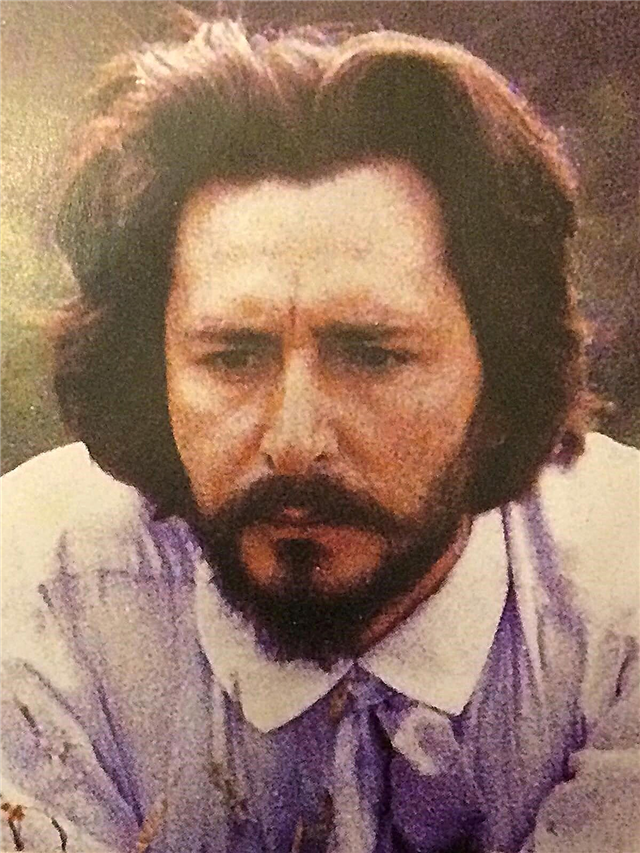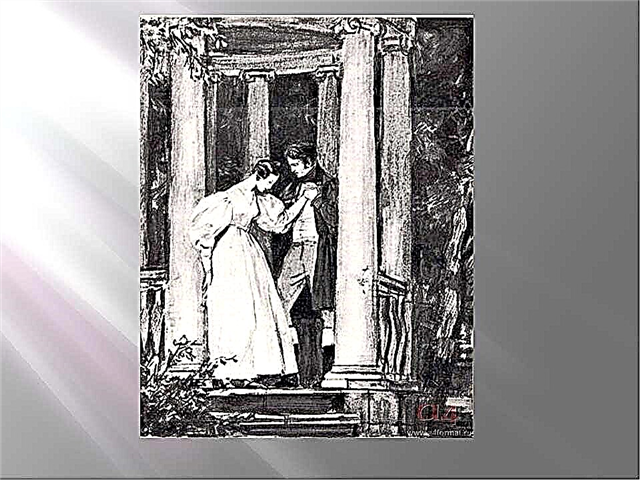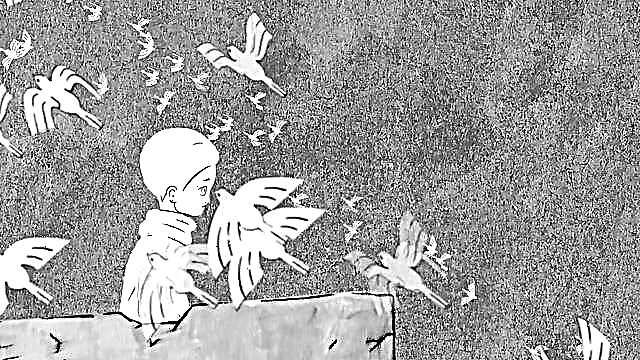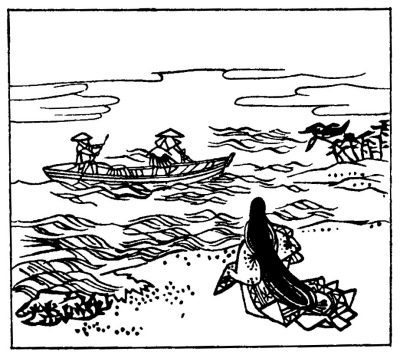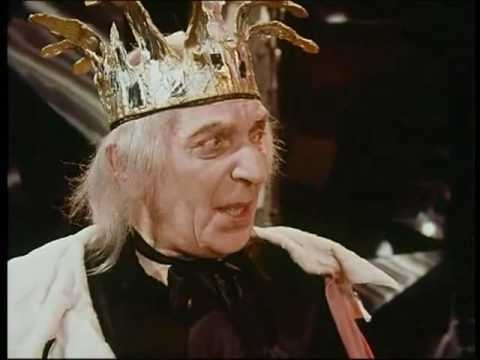The play The Inspector General is vivid proof of how talented and outstanding Russian writer Nikolai Vasilievich Gogol was. Subtle satire, sparkling humor, irony, comic characters - all this is a hallmark of the work of this great classic. And it is in the comedy “The Inspector General” that Gogol’s satirical skill rises to the peak. In the play we see not only a well-arranged plot, but also precisely assembled characters whose names will soon become common nouns.
Some writers believe that the laughter in the play “The Examiner” is so tangible that it can long be considered a separate and independent protagonist of comedy. However, the goal that Gogol pursues in this work is not just to make the reader laugh. This is not just a description of the incident situation in which the residents of the city of N fall for such reasons. The author sets a mirror for the reader and the whole world, but not a crooked mirror, as is customary in the comedy genre, but the most ordinary mirror. A mirror that does not warp, but hypertrophies some of our vices, making the size ridiculous. Illustrating this technique, the writer adds an epigraph to the play: “There is nothing to blame for the mirror, if the mug is crooked.
The story of the creation of the “Examiner” only proves that this play was not invented by the author. She is not the witty fruit of Gogol’s imagination. She is a painstakingly assembled and strung on a plot thread collective image of the whole society of that time. Gogol takes one county-level city average in all respects, calls it “city N” and simply stuffs it with all the vices that were and even now are in similar cities. The author is hypertrophic, ironic, highlights the most comical details. But the city is still alive, real and still existing - we all understand this. There are bribery, blat, embezzlement of government, the arbitrariness of officials, devastation, poverty of ordinary people and everything that can be found in the most ordinary, which means in almost any settlement in our country.
Gogol very skillfully uses the grotesque, deliberately enhances the comic effect to ugliness. The image of each character is idealized and “cleaned” to shine; only that character trait that is decisive is highlighted, and it is increased to insane. For example, we see Judge Lyapkin-Tyapkin, who is not shy about taking bribes by greyhounds, and he also considers himself fair; but as a contrast to it, we are shown a hospital in the village of Zemlyaniki, where people go hungry and do not wash, nobody treats them, they “die like flies” and nobody cares. Gogol has many similar contrasts.
Gogol also creates the main character to match the rest. He is a cheeky, arrogant young man who loves to take bribes. These qualities were enough for him to easily impersonate a high-ranking official. Officials see what they want to see, and Khlestakov simply does not mind them. Such chaos has been happening in the city of N for a long time and everywhere, so our hero there feels like a fish in water. The main breeding ground for immorality and tyranny we see a city man: a stupid, greedy, absurd and ridiculous man whom all people in this county town are afraid of. Khlestakov, in turn, is a prototype of officials from above, from the capital. He is frivolous, talkative, boastful, and also strangely young. His age makes local officials think that Khlestakov, obviously, is a close relative of someone even higher, which allowed him to get such a high position for blat. Exactly and in no other way they imagine the possibility of obtaining such a position - blood ties, nepotism, bribes.
Obviously, officials in the comedy The Inspector General are rogues and embezzlers everywhere, but the satire of this work becomes even deeper when we see that these officials were deceived by a fool. Then, humor becomes what is called “through tears”. We see ourselves in this “mirror” and understand that the world was, is, and will be after us.
Gogol uses satire as the main technique for exposing human vices for a reason. It is much easier for the reader to perceive edification through irony, to experience even the most complex stories with humor, rather than a depressing and monotonously instructive work with long instructions.

